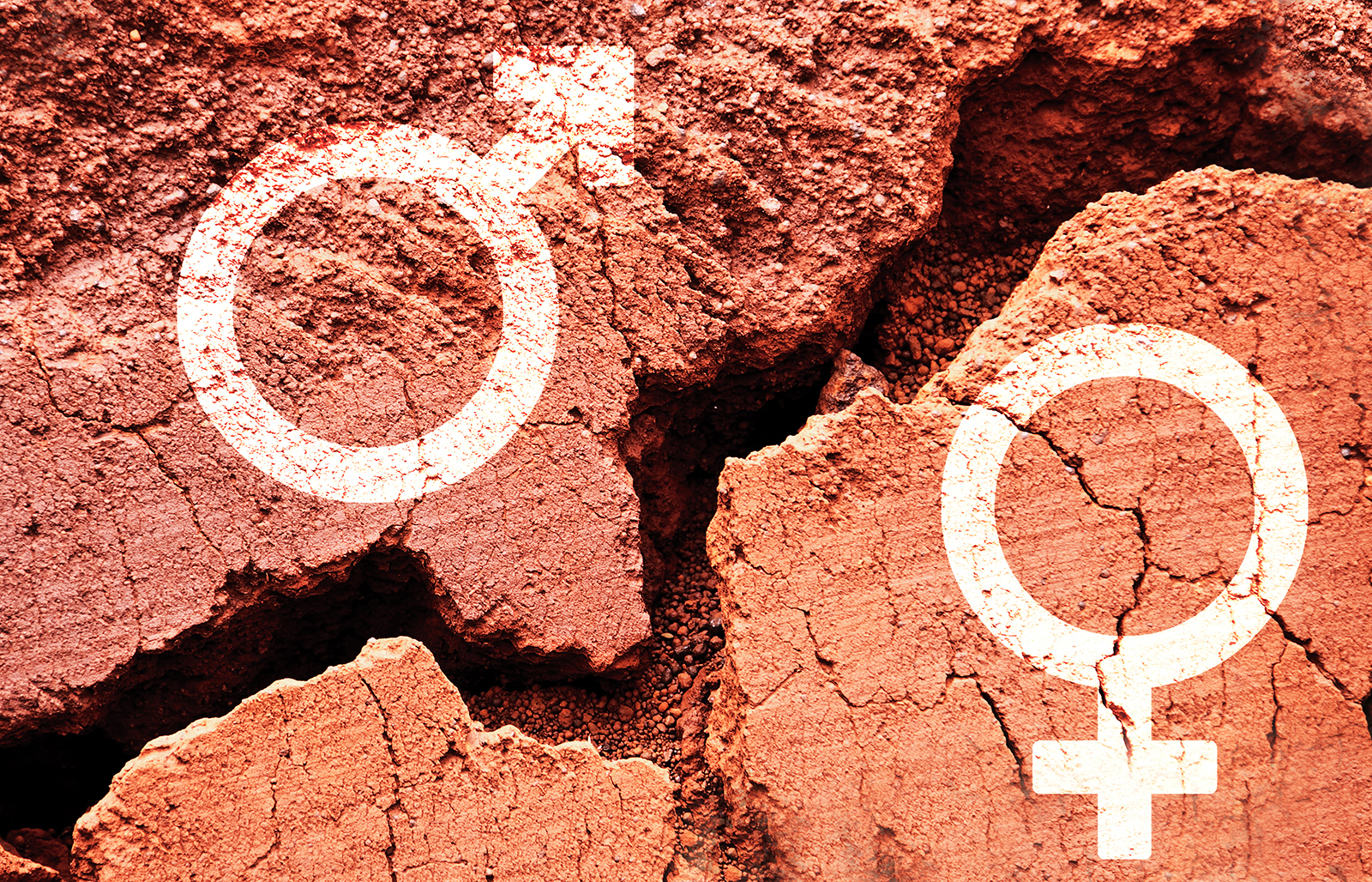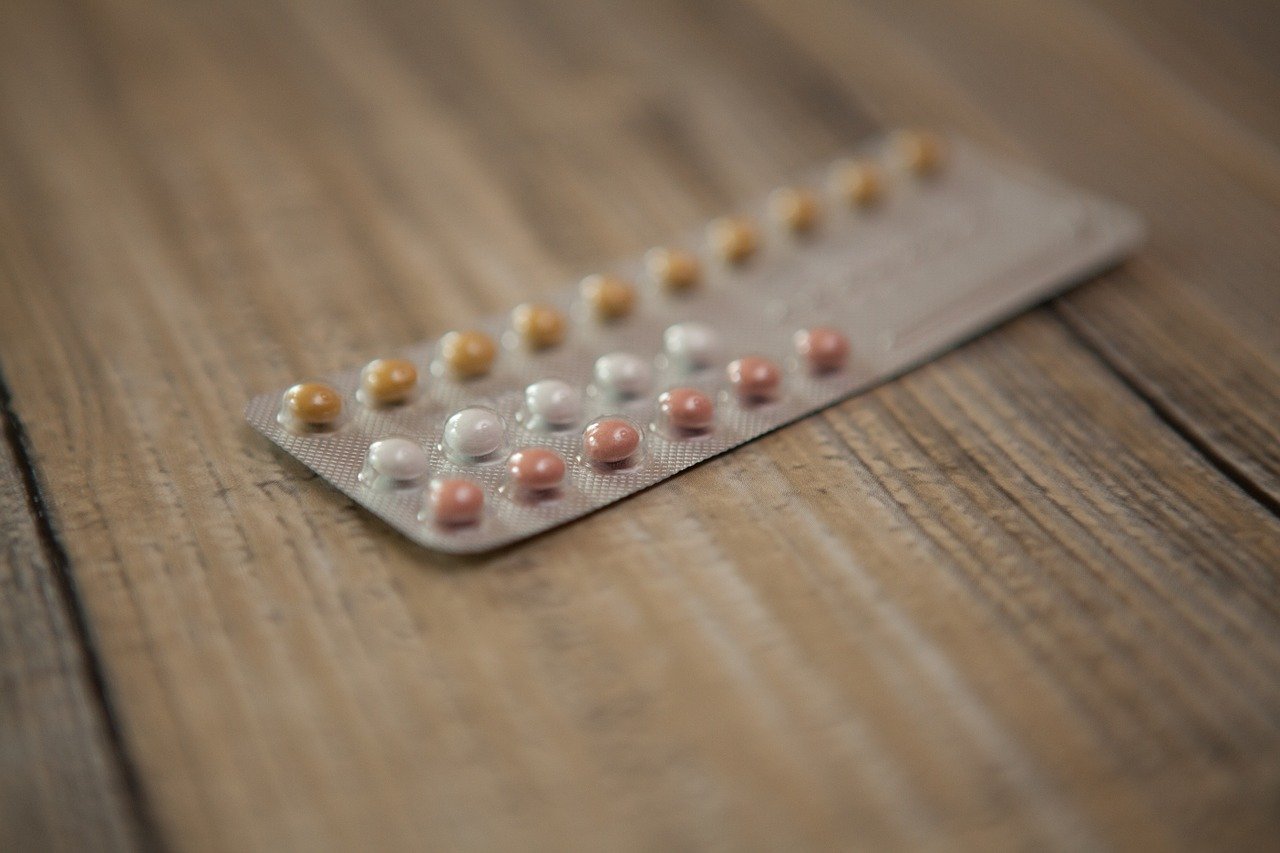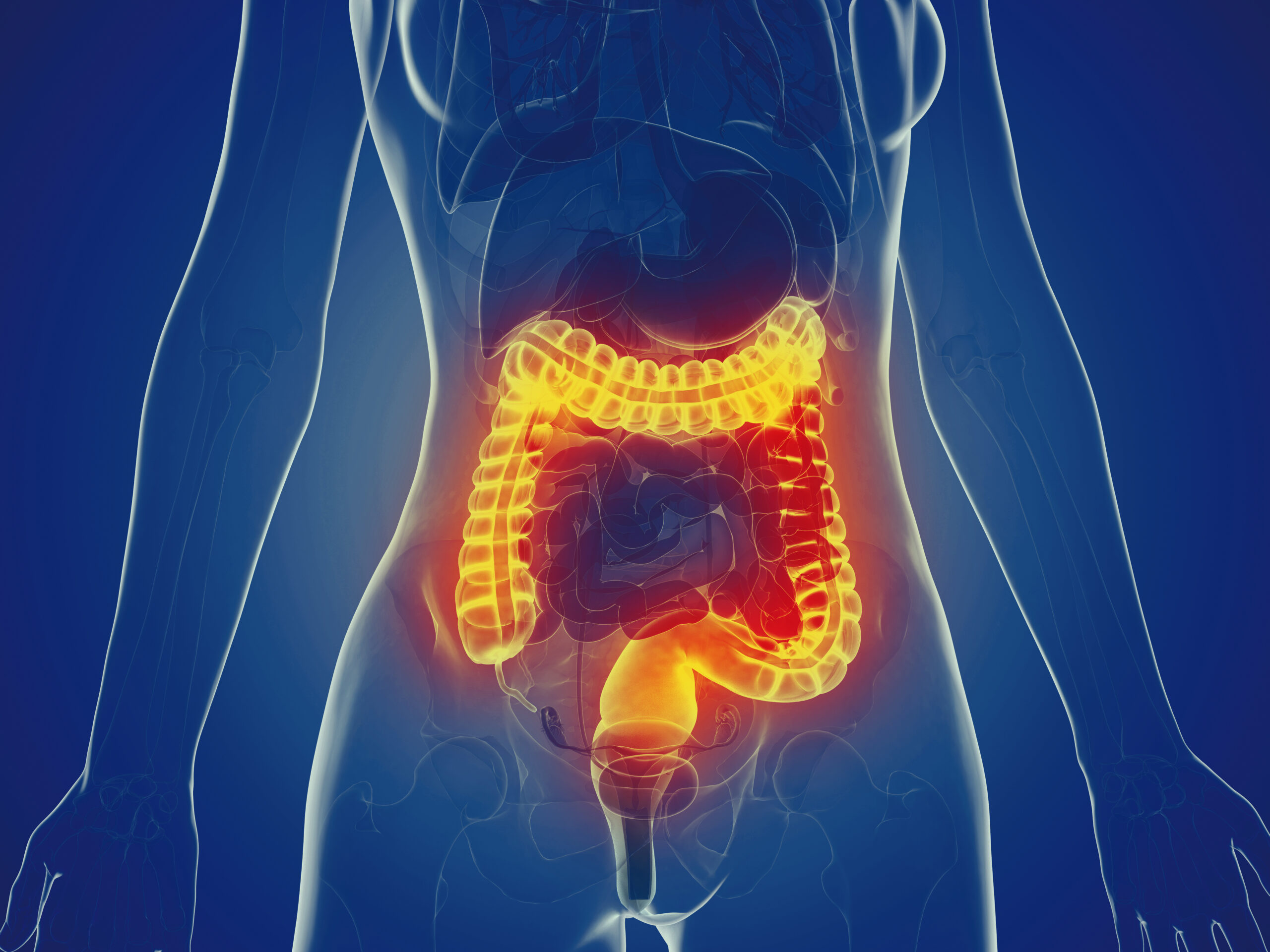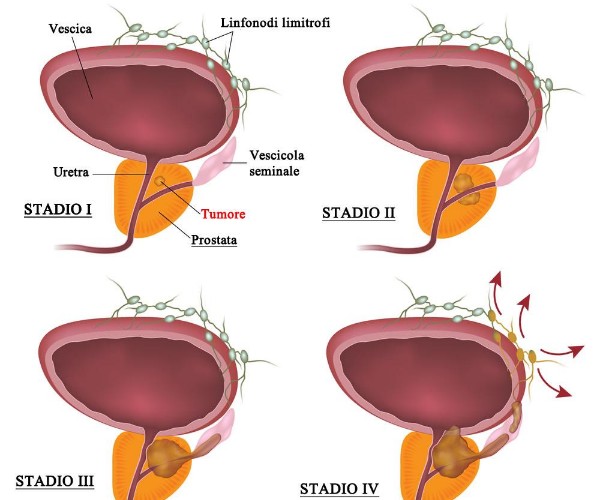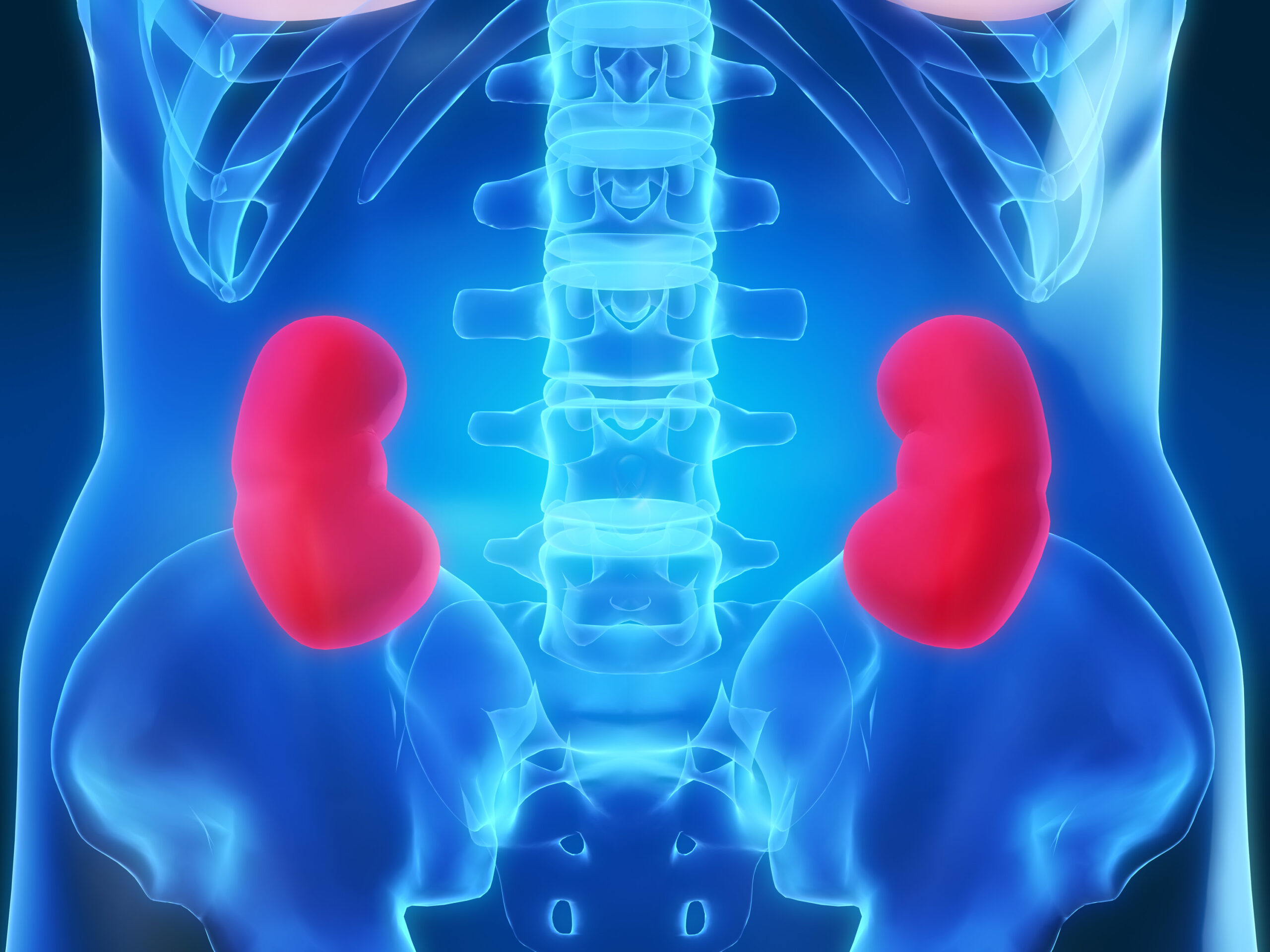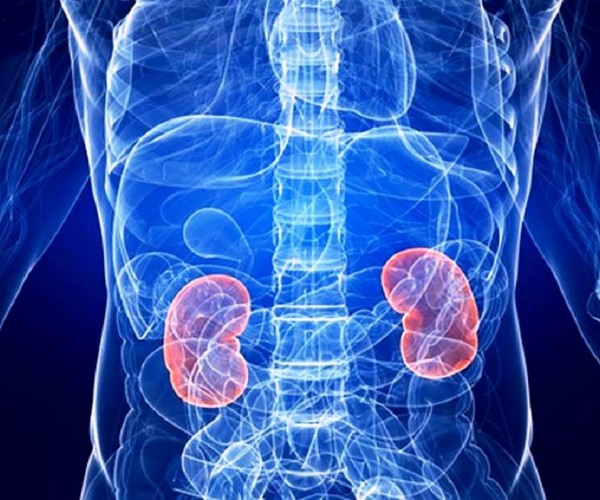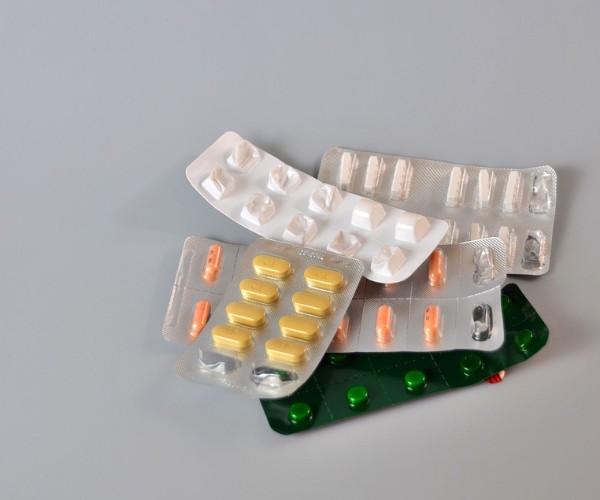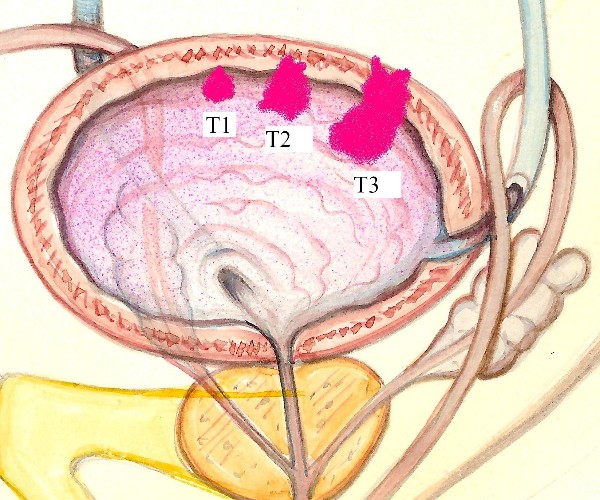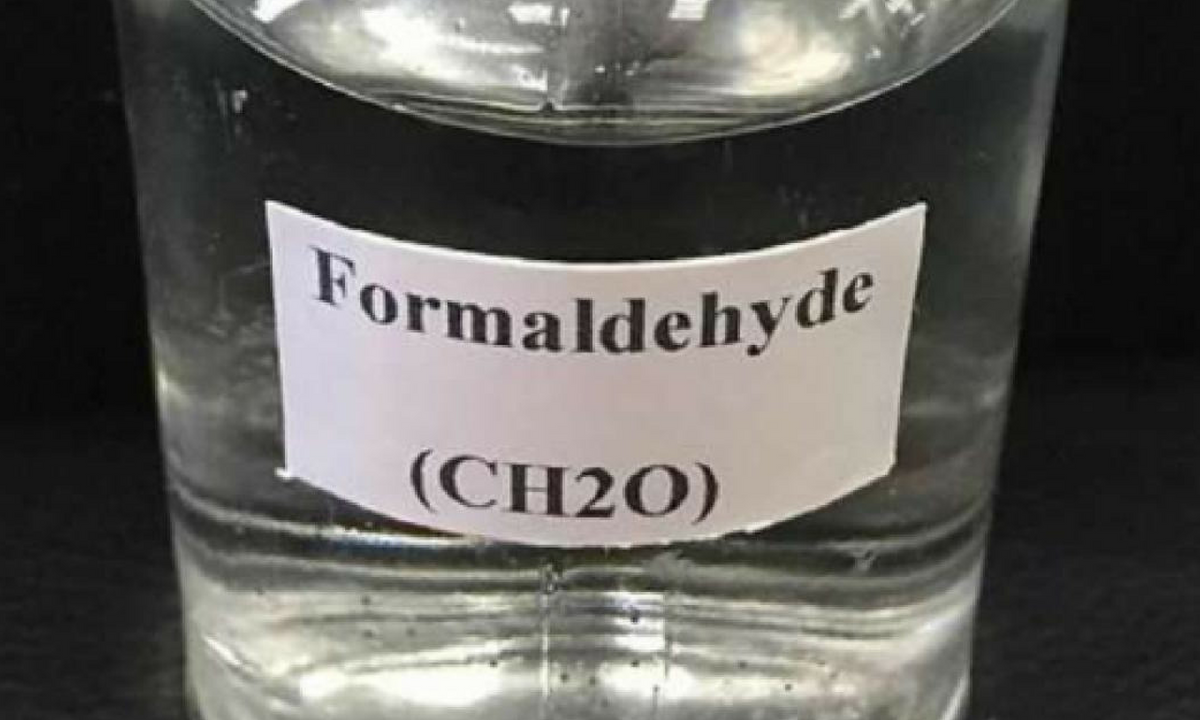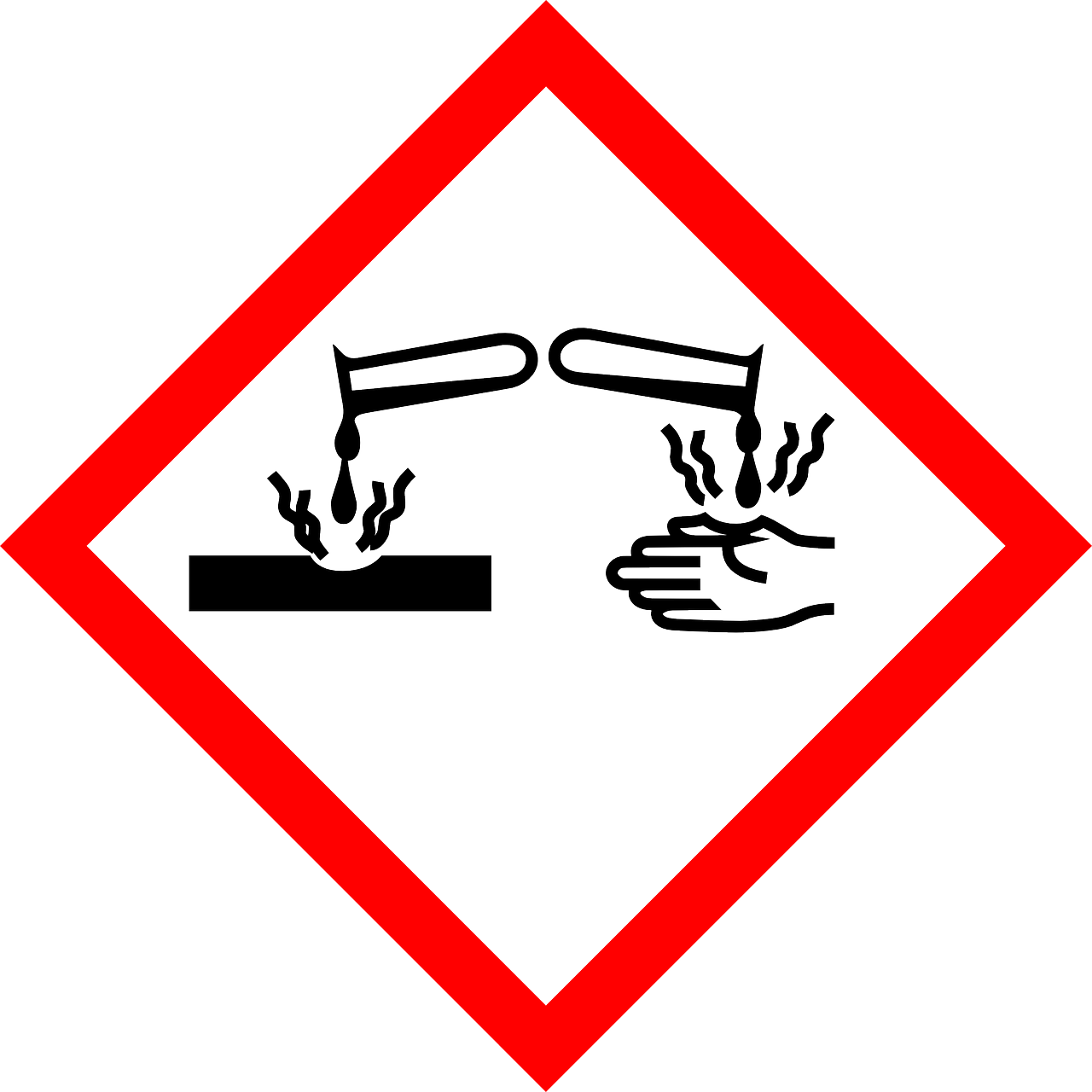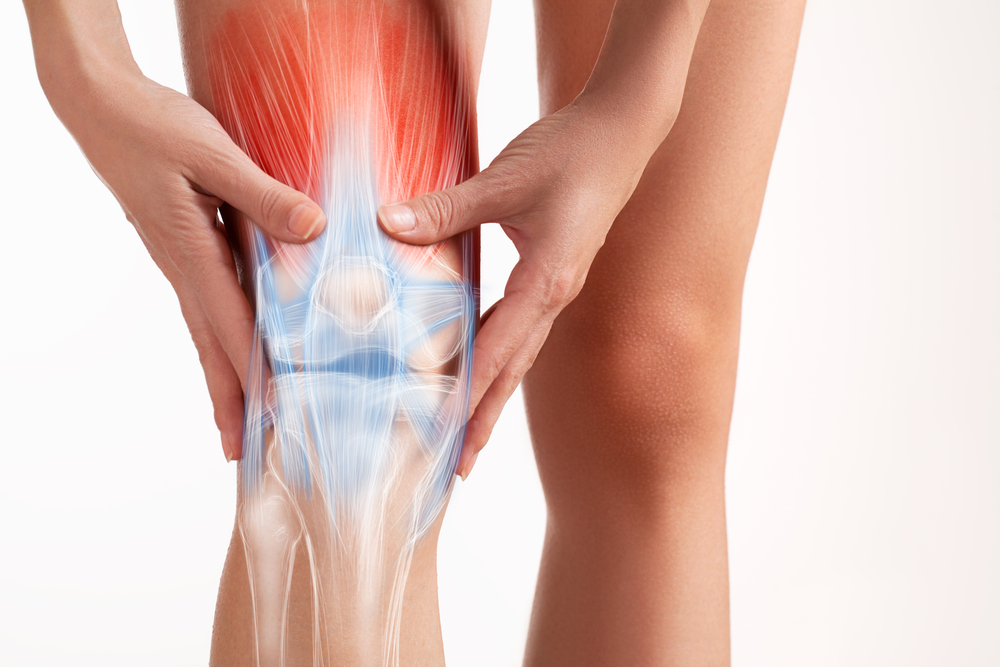Premature ejaculation is the most common sexual dysfunction, affecting more than 20% of the adult male population, with no significant differences in age, and manifested by persistent or recurrent excessive rapidity of ejaculation. What are the causes? What are the types of this dysfunction? What are the therapies to overcome it?
Premature ejaculation results from the inability to exert voluntary control over the ejaculatory reflex and can occur before, during, or immediately after penetration and in any case within two minutes unlike erectile dysfunction age is not a significant factor in this disorder in more than half of males.
It is very common to have premature ejaculation during early sexual intercourse, a disorder that disappears with increased sexual experience and better control of ejaculation. In cases of primary premature ejaculation or lifelong ejaculation, the disorder has always been present, and the precise causes are not yet known although genetic predisposition is speculated. Anxiety, excessive penile skin sensitivity, and a central nerve transmission disorder where serotonin is involved could be the main causes.
In secondary or acquired premature ejaculation, on the other hand, the male begins to experience the disorder gradually or suddenly after a period of normality; in general, in these cases the rapidity of ejaculation is slightly less than in lifelong ejaculation but is still pathological. Among the causes are genito-urinary inflammation particularly prostatitis between 42.3% and 64% of cases (practically one in 2 patients), other possible causes are urethritis, inflammation of the glans of the foreskin and frenulum or even erectile dysfunction, hyperthyroidism, diabetes mellitus, neurological diseases effect of drugs or alcohol and psychological causes. Psychological causes then can also trigger premature ejaculation, e.g., performance anxiety, relationship problems in couples.
To treat primary premature ejaculation, drug therapy and psychotherapy with a psychosexologist are used; for secondary premature ejaculation, on the other hand, the specific cause that triggered it must be treated including the psychological cause, which must be treated as in the case of psychogenic primary ejaculation.
Difference between andrologist and urologist
The differences between urologists and andrologists arise from individual physician choices, rather than an inherent difference in specialties. Every andrologist is a urologist, but he is one who has narrowed his practice to a specific subset of patients.
Urologists treat patients of both genders, and for urinary problems and male reproductive problems. Andrologists are the male equivalent of gynecologists, focusing entirely on male reproductive issues. An andrologist may choose to specialize further, treating only reproductive problems or only impotence and erectile dysfunction.




